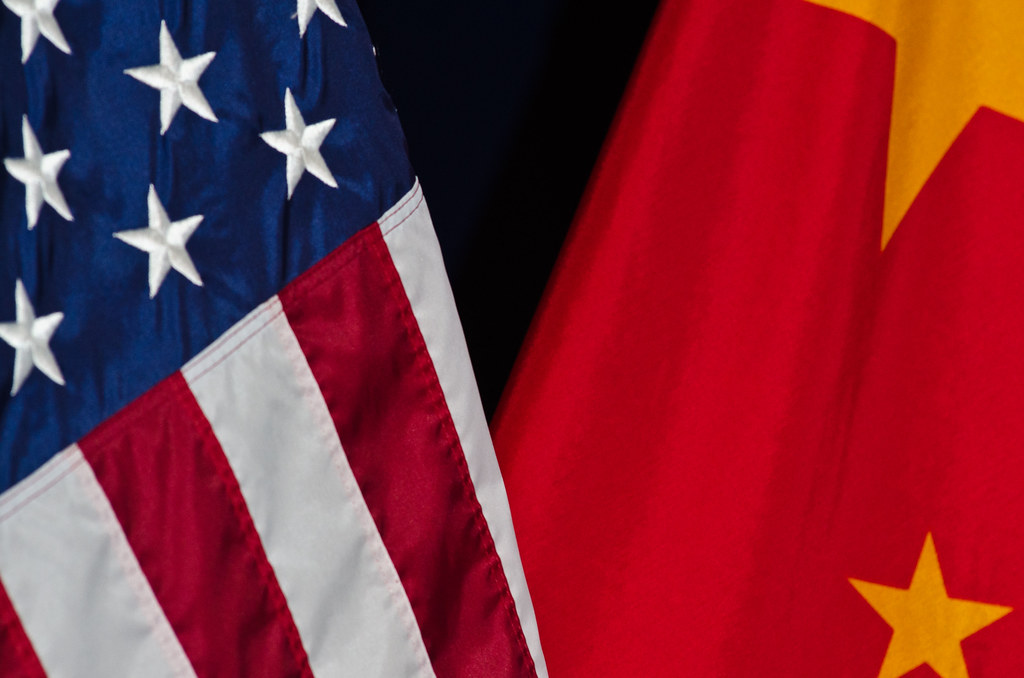Why China is selling US government bonds

For the seventh consecutive month, the sum of US government bonds held by China falls. The move is affected by the strengthening of the dollar, but also by geopolitical tensions. And Chinese companies are withdrawing from Wall Street in favor of Hong Kong. All the details
In June, for the seventh consecutive month, China reduced the amount of US Treasuries it holds.
DATA OF THE TREASURY DEPARTMENT
Data from the Treasury Department show that in June the amount of US government debt held by China amounted to 967.8 billion dollars: it is the lowest since May 2010, when it reached 843.7 billion. In May, however, China owned US Treasuries worth 980.8 billion.
"KEEPING THE DOLLAR-YUAN RATIO STABLE"
Chris Turner, an analyst for ING, told Reuters that it is "likely" a function of Chinese foreign exchange intervention to keep the USD / CNY ratio stable in a strong dollar environment. USD is the abbreviation for the US dollar, while CNY is the abbreviation for the Chinese yuan (or renminbi).
After reaching its highest value in about twenty months in the middle of last May, the dollar was essentially stable and strong against the yuan: 1 dollar is worth about 6.7 yuan.
THE DEPRECIATION OF THE TREASURIES
Il Sole 24 Ore also explains that China's sale of US bonds is also due to the depreciation of ten-year Treasuries. “In February”, writes the newspaper, “the yield was around 2% […] while in June the yield reached 3.48%. It is clear that, in such a context, the holder of the government, in order to limit the impact of the devaluation of the assets, may have been induced to sell ”.
THE ROLE OF GEOPOLYTICS, BETWEEN RUSSIA AND TAIWAN
Analysts expect a further decline in US government bonds held by China also due to the geopolitical context.
After the invasion of Ukraine, the United States froze Russia's foreign exchange reserves, to which China is linked by a partnership relationship that could expose it to similar financial retaliation.
Between Washington and Beijing, then, there is a lot of tension over Taiwan, a de facto independent country but considered by China as a province of its territory: after the recent visit of the speaker of the House Nancy Pelosi – a very high-ranking official, second in the line of presidential succession after Kamala Harris -, China has suspended or canceled eight important dialogue mechanisms with the United States.
WHAT JAPAN DOES
Data from the Treasury Department show that Japan – an important American ally – increased the amount of US Treasuries in its possession in June: 1236 billion dollars, compared to 1224 in May.
DELISTING FROM WALL STREET
In short, the political distance between Washington and Beijing seems to translate into a greater economic and financial gap. Last week, however, five major Chinese state-owned companies announced their intention to withdraw their listings from the New York Stock Exchange by the end of August .
The delisting plans were anticipated, specifically, by the insurance company China Life Insurance, the aluminum producer Aluminum Corporation of China, the oil companies Sinopec and PetroChina and the petrochemical company Sinopec Shanghai Petrochemical. They have all specified that they will remain listed on the Hong Kong and mainland China exchanges.
Not only the only ones to have proceeded in this direction: last year China Telecom, China Mobile and China Unicom, all three active in the telecommunications sector, had already withdrawn their quotations in the United States.
US REGULATIONS REGARDING CHINESE STATE COMPANIES
China Life Insurance, Sinopec and the other three had been included in a sort of "black list" in May for failing to comply with American auditing regulations: a 2020 law, called the Holding Foreign Companies Accountable Act, obliges companies listed in the United States to declare that it is not owned or controlled by the Chinese government.
The list also includes technology companies Alibaba Group, JD.com and Baidu.
ALIBABA PLANS FOR HONG KONG
Alibaba recently said it will convert its secondary listing in Hong Kong into a double primary listing – a technical move that analysts say could facilitate any future maneuvers to change the group's primary listing.
This is a machine translation from Italian language of a post published on Start Magazine at the URL https://www.startmag.it/economia/cina-titoli-stato-stati-uniti/ on Thu, 18 Aug 2022 08:43:05 +0000.
